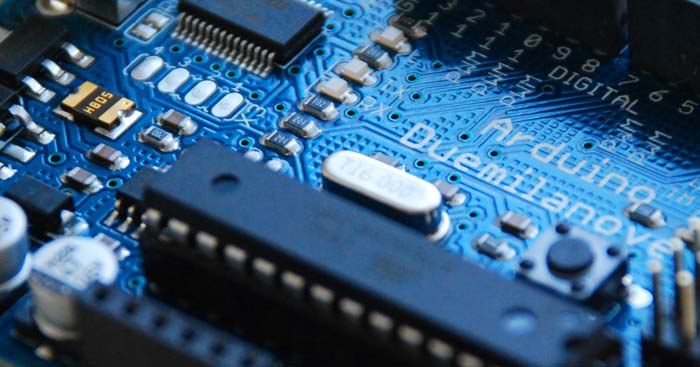
Arduino is just one of several electronics platforms available for building projects and prototypes. The choice between Arduino and other platforms depends on your specific project requirements, your familiarity with programming and electronics, and then features you need. Arduino is a popular open-source electronics platform that allows you to create all sorts of projects, from simple ones like blinking an LED to more complex ones like building your own robot.
Here’s a comparison of Arduino with some other popular electronics platforms :
Raspberry Pi:
- Arduino: Primarily a microcontroller platform. It is best suited for projects that require real-time control of hardware, such as robotics and embedded systems.
- Raspberry Pi: A single-board computer with a full operating system (usually Linux). It’s better for projects that need a complete computing environment, such as web servers, media centers, nor IoT applications that require more processing power.
ESP8266 and ESP32:
- Arduino: Supports various microcontrollers, including some ESP8266 and ESP32 models, which commonly used for IoT applications and projects requiring Wi-Fi nor Bluetooth connectivity.
- ESP8266 and ESP32: Specialized microcontrollers with built-in Wi-Fi and/or Bluetooth capabilities. Ideal for IoT and connected projects.
BeagleBone:
- Arduino: Generally simpler and more beginner-friendly, with a focus on ease of use and learning.
- BeagleBone: More powerful and versatile, suited for advanced projects. It has a more complex setup and is often used for embedded Linux applications.
Particle Photon and Electron:
- Arduino: Suitable for a wide range of projects, from simple to moderately complex.
- Particle: Designed for IoT applications, with built-in cloud connectivity and features for managing remote devices.
Mbed:
- Arduino: Offers a simplified programming environment and is great for beginners.
- Mbed: Targets more advanced users with a focus on ARM-based microcontrollers and offers a comprehensive development platform.
MicroPython and CircuitPython:
Custom PCBs (Printed Circuit Boards):
- Arduino: Prototyping platform that uses pre-made boards. Not ideal for high-volume production.
- Custom PCBs: Suitable for mass production of electronic devices and gadgets but requires expertise in PCB design and manufacturing.
In summary, Arduino is a popular choice for beginners and those looking for an easy entry point into electronics and programming. Other platforms offer more specialized capabilities, power, or specific features such as integrated Wi-Fi, and better suited for particular types of projects. therefore Your choice should be based on your project’s requirements, your familiarity with the platform, and your long-term goals.
Locus Academy has more than a decade experience in delivering the training, Staffing on Arduino v/s other electronics platform for corporates across the globe. The participants for the training, Staffing on Arduino v/s other electronics platform extremely satisfied and are able to implement the learnings in their on going projects.


